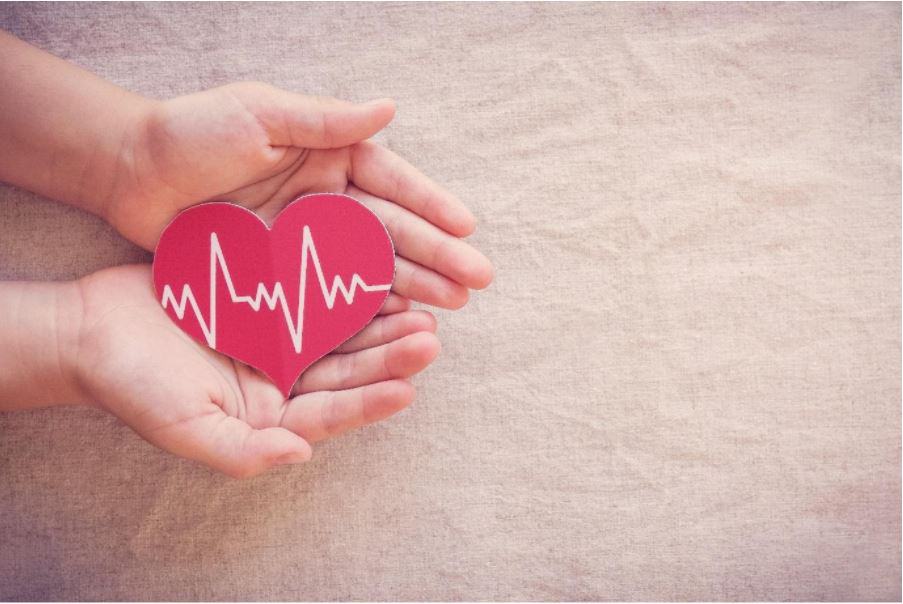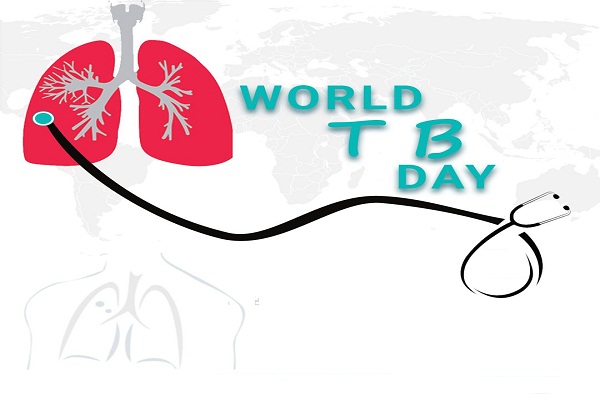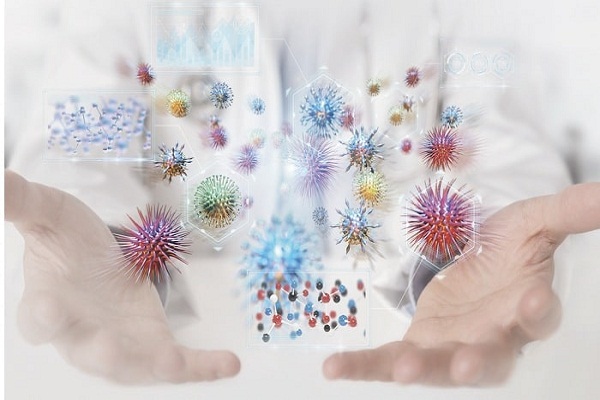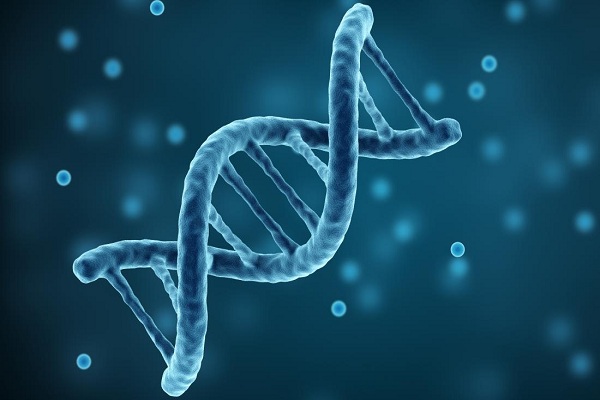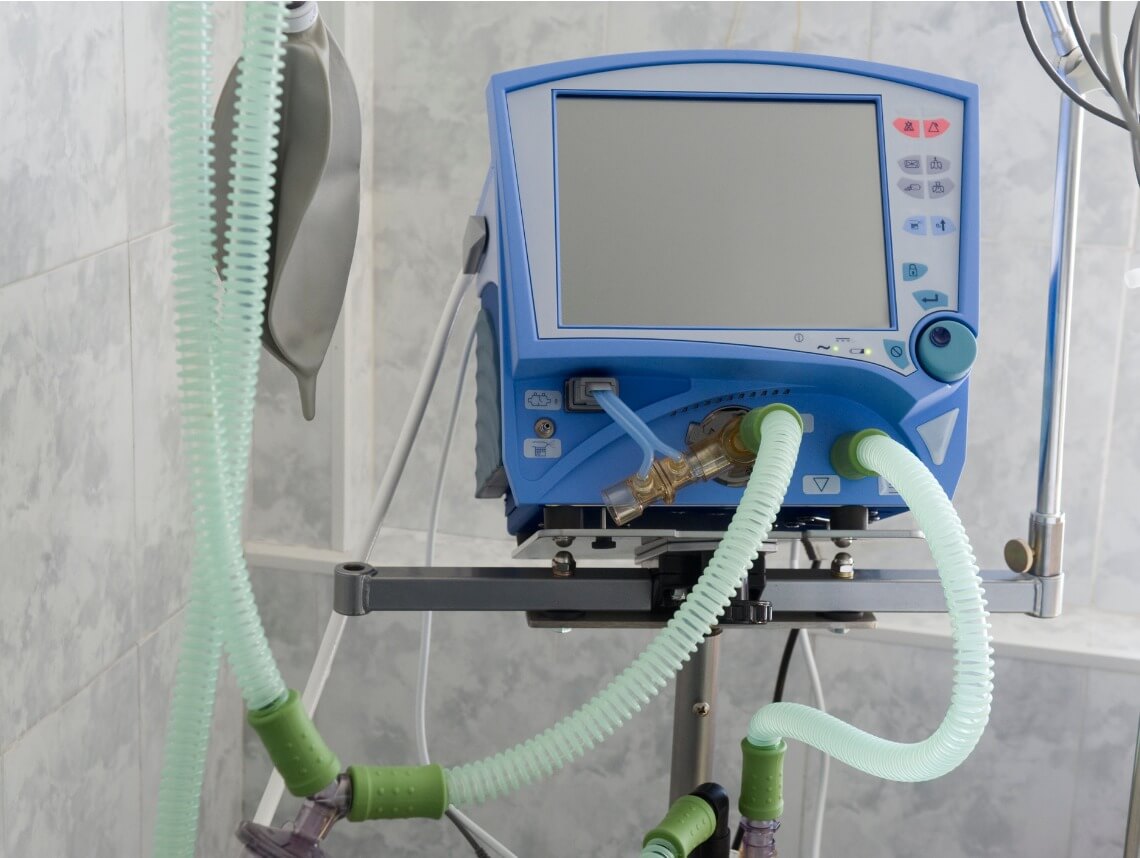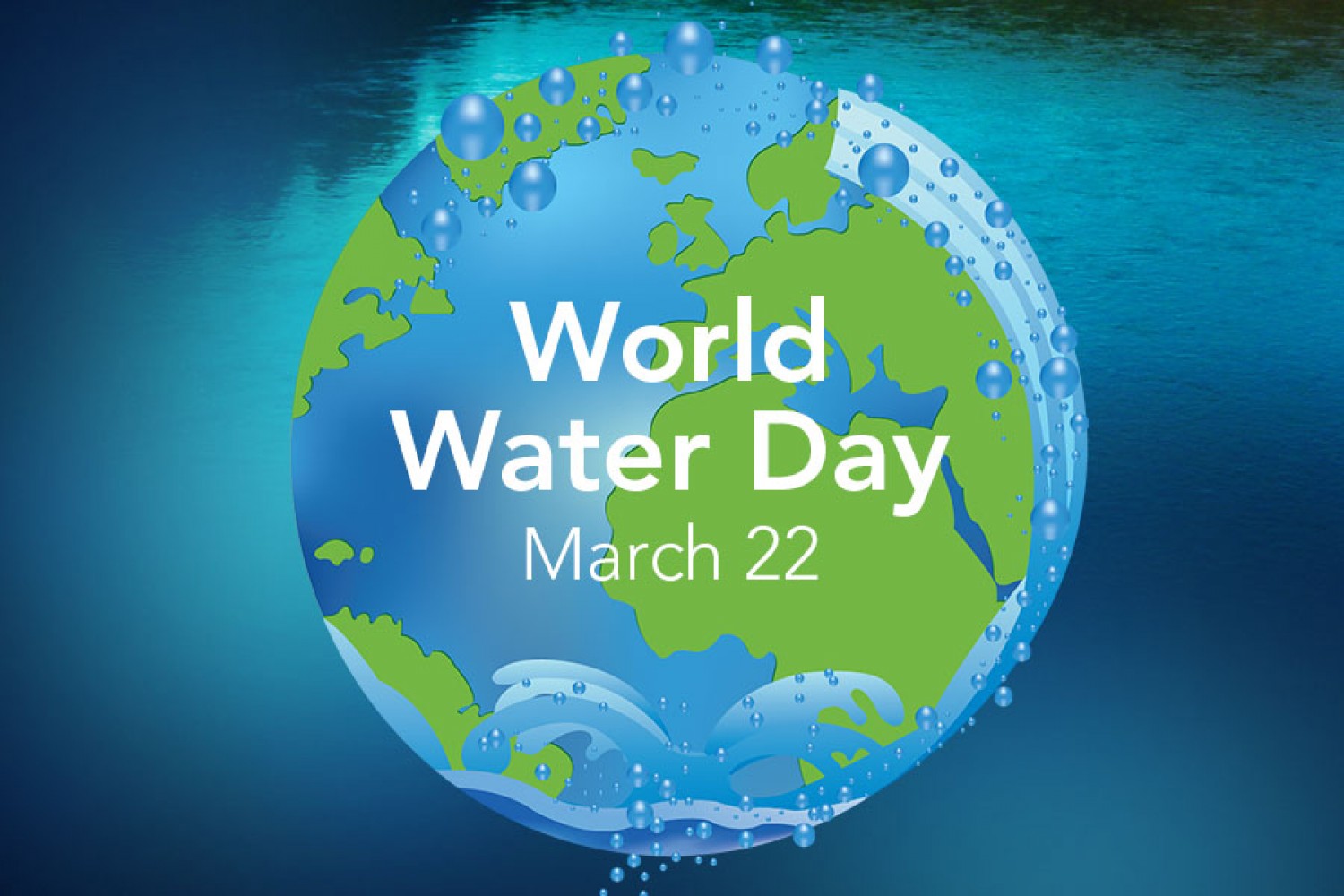
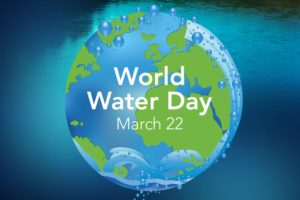
The World Water Day is observed every year on March 22 to focus on the importance of access to clean and fresh water, sanitation, and hygiene, which are huge challenges in developing nations in particular.

In 2010, the United Nations General Assembly recognised water and sanitation as human rights. It is not just about access to water, but it is also about the quality of water people drink. There are more than 663 million people around the world who live without supply of safe water near their homes; several people have to queue up for hours or travel long distances to access something so basic as water.
The need for clean drinking water cannot be overemphasized, as contaminated water (in water bodies) can lead to a whole host of ailments such as gastrointestinal infection, cholera, and dysentery, which can cause life-threatening forms of diarrhoea.
The global statistics on diarrhoea are alarming and disconcerting. The disease causes 4 per cent of all deaths and 5 per of health loss to disability, worldwide (WHO statistics). It is said to be the second major cause of death among children under the age of five. Across the world, 2,195 children die due to this disease every day; this is more than the deaths due to diseases like AIDS, malaria and measles put together. Diarrhoea is responsible for 1 out of 9 child deaths worldwide.

In India, about 1.2 lakh children under the age of five die due to this disease every year. This means there are 328 diarrhea-related deaths every day and 13 every hour! (Source: Ministry of Health).
The root of the problem is gastrointestinal infection, which leads to the death of 2.2 million people every year across the world, especially in the developing nations.
Diarrhoeal infection is caused due to bacteria, virus, protozoa and other parasitic organisms (mainly E. coli, salmonella, hepatitis and rotavirus). The main reasons for diarrhoea are contaminated water, unclean food, malnutrition, improper sanitation, poor hygiene, and absence of immunisation.
In underdeveloped and developing countries, water is contaminated with human faeces from sewage, septic tanks and toilets. Animal faeces too spread diarrhea-causing microbes. Fish and seafood from polluted water also can contribute to diarrhea.
How diarrhoea affects people?
A person suffering from diarrhoea passes loose watery stools (in cholera) very frequently (more than three times a day). In the case of dysentery, stools are passed with blood. Diarrhoea can last for a few days or even several weeks (if it is persistent).
Chronic and long-term diarrhoea that lasts over three weeks is dangerous and is associated with bowel disorders. Severe diarrhoea is life-threatening, especially among infants, young children and people with low nutrition and weakened immunity. Diarrhoea is also related to infections like malaria and measles.
Symptoms
People with diarrhoea experience nausea, dehydration, fatigue, fever, abdominal bloating, cramps in the abdomen, pain in the rectum, and the urge to go to the toilet frequently. Blood or pus in the stool, liquidy stools and dark stools also are symptoms of underlying problem. In children, one should keep tab on these symptoms: high fever, irritability, loss of skin elasticity, lack of saliva, sunken eyes, abdomen and cheeks.
Diagnosis and treatment
If the above symptoms are noticed, one should consult a healthcare provider or doctor immediately. Stool culture is adopted to determine the bacteria or other organisms responsible for the infection. A blood test is done to ascertain the diseases that are not present in the body. A sigmoidoscopy investigates the inside of the lower part of the colon and rectum, while a colonoscopy assesses the entire colon.
Diarrhoea is treated by compensating the amount of fluids and electrolytes lost due to excessive loss of water in the stool. This is done by drinking oral rehydration fluids, salt solutions, water, clear soups and diluted juices. In case of severe dehydration, doctors recommend intravenous fluids.
How diarrhoea can be prevented?
- Drink safe, clean, boiled water.
- Use good water filters.
- Practice good sanitation and personal hygiene.
- Wash hands often with soap and clean water, before and after eating and after using the bathroom.
- Avoid raw and exotic fish and meat.
- Eat more of cooked vegetables and fruits that can be peeled.
- Wash vegetables and fruits thoroughly in clean water.
- Avoid non-pasteurized dairy products.
- Do not eat uncovered food from the street.
- Be careful while using public toilets and restrooms.
(The Writer Dr Amita Bhandarkar is Senior Consultant, Internal Medicine and Diabetology, Columbia Asia Hospital. Views expressed are personal)
Be a part of Elets Collaborative Initiatives. Join Us for Upcoming Events and explore business opportunities. Like us on Facebook , connect with us on LinkedIn and follow us on Twitter , Instagram.



